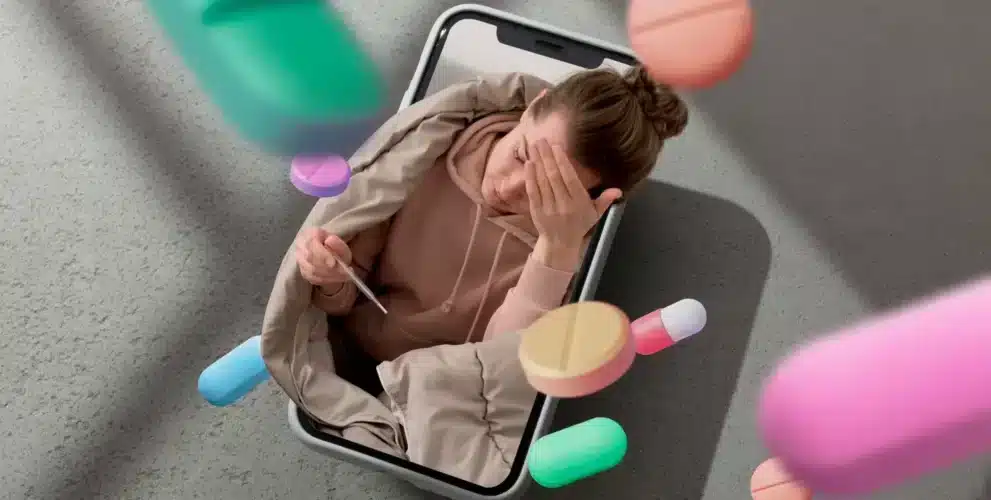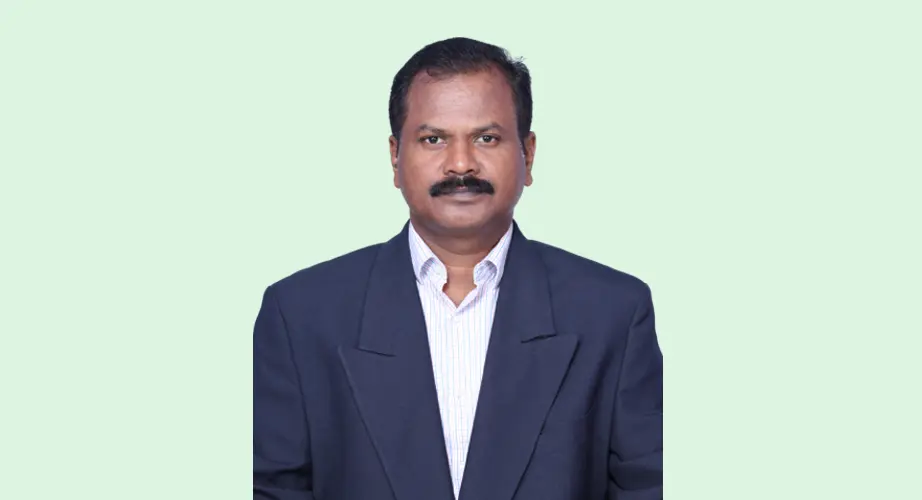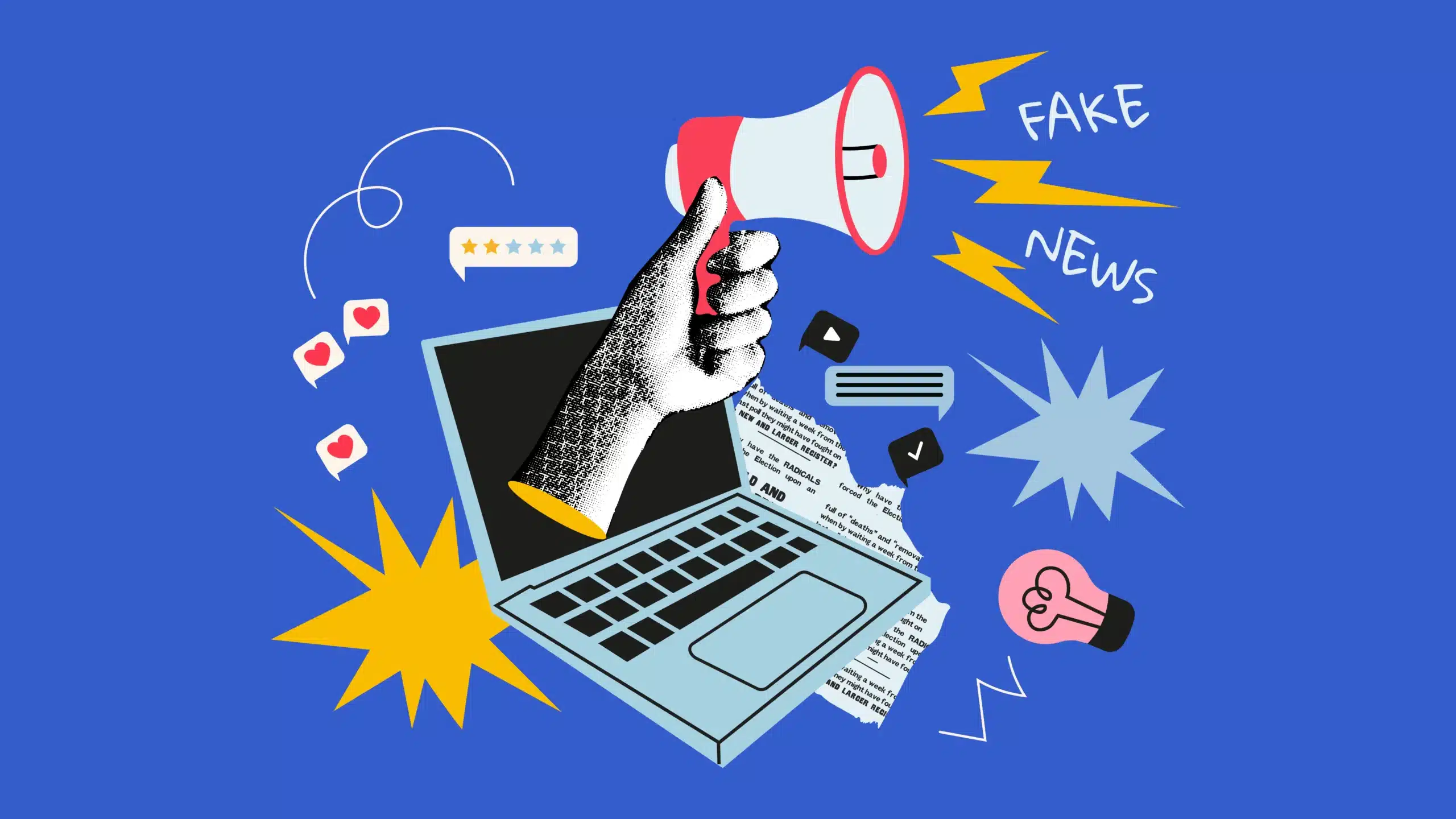Take it from a former social media junkie: online cures and hacks can be dangerous!
While the charm of DIY remedies and social media wisdom may be tempting, particularly when it is about health problems, caution is advisable.
Author
Author
- admin / 2 years

- 0
- 2 min read

Author
Not too long ago, I was a social media junkie. Guilty of falling for every health tip and trick on online platforms. Whether it was ways to get flawless skin or shed weight without breaking a sweat, I was hooked.
But then, something changed when I started working with First Check. As I forayed into the world of fact-checking, researching, writing, and interviewing experts, the importance of health fact-checking dawned on me.
The realisation got me thinking about why people fall for misinformation. In many ways, misinformation is like a smooth-talking charmer, wolf in sheep’s clothing. While the charm of DIY remedies and social media wisdom may be tempting, particularly when it is about health problems, caution is advisable.
Quick fixes might appear like a godsend, but they can cost us heavily – sometimes even our lives. I understand that it seems so much easier to take a concoction with ingredients easily found at home to cure that worrisome ovarian cyst than going to the doctor, getting an ultrasound, and popping costly medicines. But what if that “magic” concoction is actually poisonous for your body?
Health misinformation isn’t harmless – it can be a matter of life and death. People have lost loved ones because they believed and followed the wrong advice. Based on my experiences as an erstwhile social media junkie, I can guarantee you that all that glitters is not gold.
Don’t believe everything you read or see on social media – like I used to, until a couple of years ago. The next time you come across an incredible health “hack” online, please pause and fact-check the claim. Your well-being, and perhaps even that of others, may depend on it.










